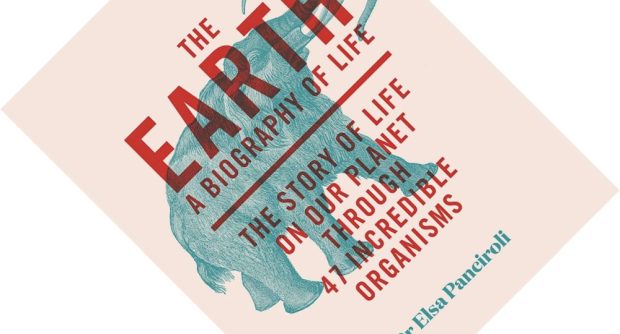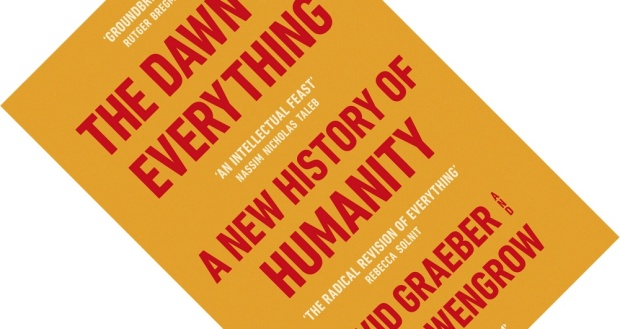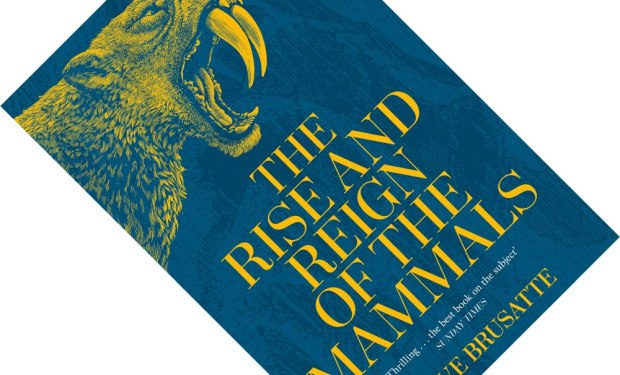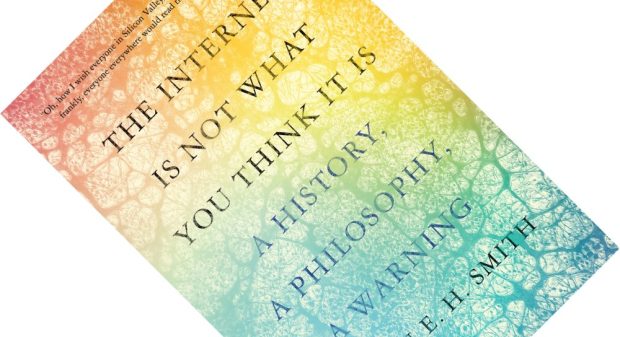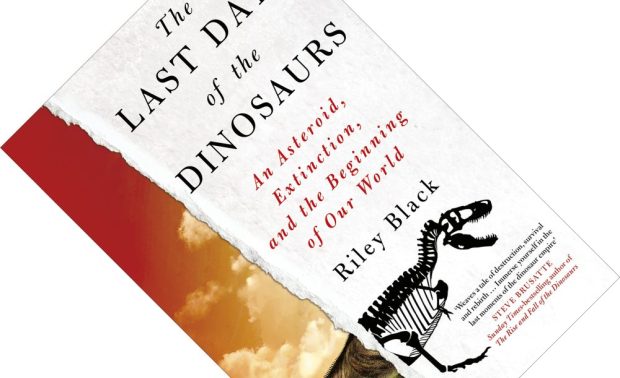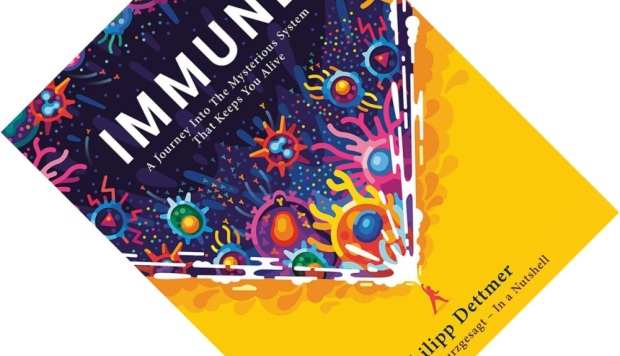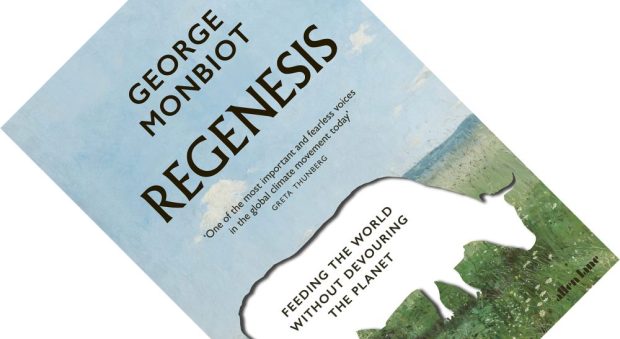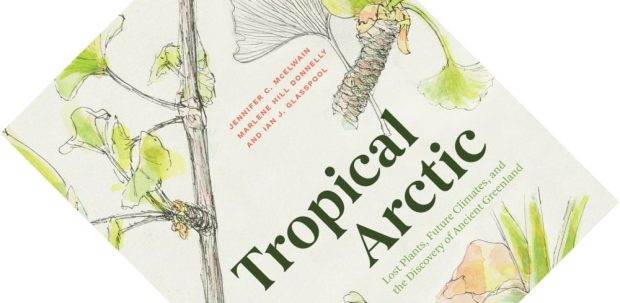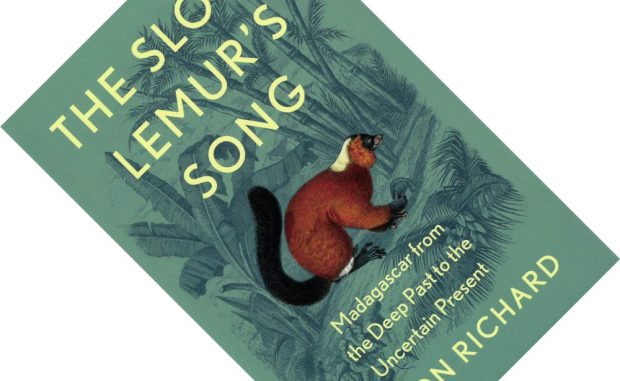6-minute read
keywords: paleontology, popular science
I have previously jokingly called the “Earth biography” a rite of passage for science writers; many authors try their hand at it at some point. Fortunately, the Earth is big and time is deep, so there are numerous ways to tell this story. Here, it is palaeontologist Elsa Panciroli’s turn. Next to many unusual examples by which to tell the story of life’s evolution, her writing stands out for correcting common misconceptions and for its inspired language.

